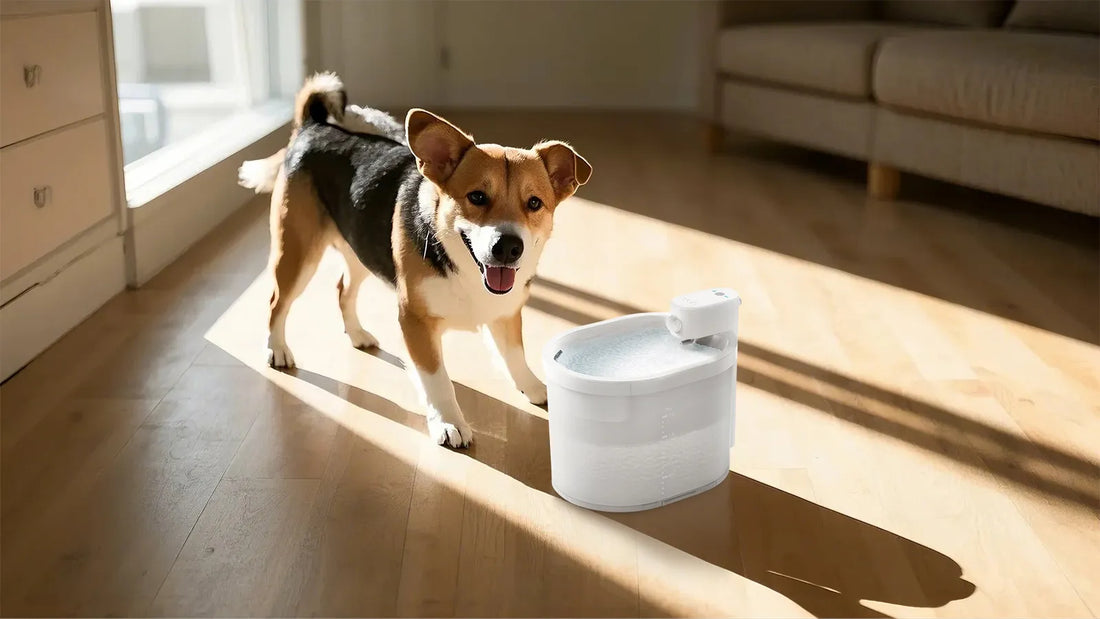Has your feline friend suddenly decided to boycott the litter box? This behavior can be frustrating and concerning for any cat owner. Understanding the underlying reasons is crucial to resolving the issue and restoring harmony in your home. Let’s dive into the possible causes and solutions.
Medical Issues
One of the first things to consider when your cat stops using the litter box is whether there’s an underlying medical issue. Cats are masters at hiding pain and discomfort, so changes in their bathroom habits can be a red flag. Conditions such as urinary tract infections, kidney disease, diabetes, or arthritis can make it painful or difficult for your cat to use the litter box. If you notice any other symptoms like lethargy, changes in appetite, or unusual vocalizations, it’s essential to consult your veterinarian immediately.
Stress and Anxiety
Cats are creatures of habit, and any disruption in their environment can lead to stress or anxiety, causing them to avoid the litter box. Changes such as moving to a new home, introducing a new pet or family member, or even rearranging furniture can trigger this behavior. Additionally, loud noises, conflicts with other pets, or changes in your daily routine can contribute to your cat’s anxiety. Creating a calm and stable environment, providing safe spaces, and using pheromone diffusers can help alleviate stress and encourage your cat to return to the litter box.
Litter Box Preferences
Believe it or not, your cat may have specific preferences when it comes to their litter box. Factors such as the type of litter, the size and style of the box, and its location can all influence your cat’s willingness to use it. Some cats prefer unscented litter, while others may dislike certain textures. The box should be large enough for your cat to move around comfortably and placed in a quiet, accessible location. Experimenting with different options and observing your cat’s behavior can help you identify their preferences.
Cleanliness Matters
Cats are naturally clean animals, and a dirty litter box can be a major turn-off. If the box isn’t cleaned regularly, your cat may seek out alternative spots to relieve themselves. Scooping the litter box daily and thoroughly cleaning it weekly is essential to maintaining your cat’s hygiene and comfort. Additionally, having multiple litter boxes in multi-cat households can prevent overcrowding and ensure that each cat has a clean option available.
Behavioral Issues
Sometimes, the reason your cat has stopped using the litter box is purely behavioral. Territorial marking, especially in unneutered or unspayed cats, can lead to inappropriate elimination. Stress, boredom, or even a lack of proper litter box training can also contribute to this behavior. Addressing these issues may require patience and consistency. Providing enrichment activities, reinforcing positive behaviors, and consulting a feline behaviorist can help resolve these challenges.
Environmental Changes
Changes in your cat’s environment, such as a new litter box location or the introduction of new household items, can disrupt their routine. Cats are highly sensitive to their surroundings, and even minor changes can cause them to avoid the litter box. If you’ve recently made changes, try reverting to the previous setup or gradually introducing the new elements to help your cat adjust. Consistency and predictability are key to keeping your cat comfortable and confident in their environment.
Age-Related Factors
As cats age, they may experience physical or cognitive changes that affect their litter box habits. Senior cats may struggle with mobility issues, making it difficult to access the litter box. Cognitive decline can also lead to confusion or forgetfulness about where to eliminate. Providing a litter box with low sides, placing it in easily accessible locations, and monitoring your cat’s health can help address these age-related challenges.
Multi-Cat Household Dynamics
In households with multiple cats, competition or conflict over the litter box can lead to avoidance. Dominant cats may block access to the box, while more submissive cats may feel too intimidated to use it. Providing multiple litter boxes in different locations, ensuring each cat has their own space, and monitoring their interactions can help reduce tension and encourage proper litter box use.
When to Seek Professional Help
If you’ve tried addressing the potential causes and your cat continues to avoid the litter box, it may be time to seek professional help. Your veterinarian can rule out medical issues, while a feline behaviorist can provide tailored strategies to address behavioral challenges. Remember, patience and understanding are essential when working with your cat to resolve this issue.
Understanding why your cat has stopped using the litter box is the first step toward finding a solution. By addressing medical, environmental, and behavioral factors, you can help your feline friend feel comfortable and confident once again. Don’t let this challenge strain your bond—take action today and restore peace in your home!














